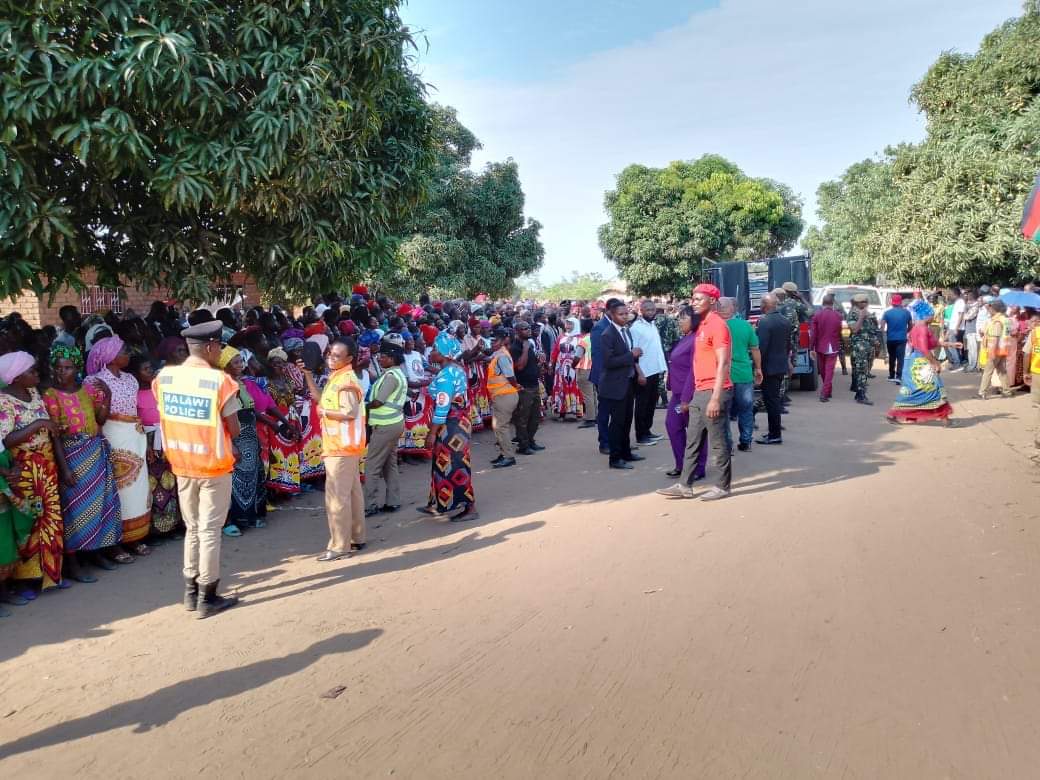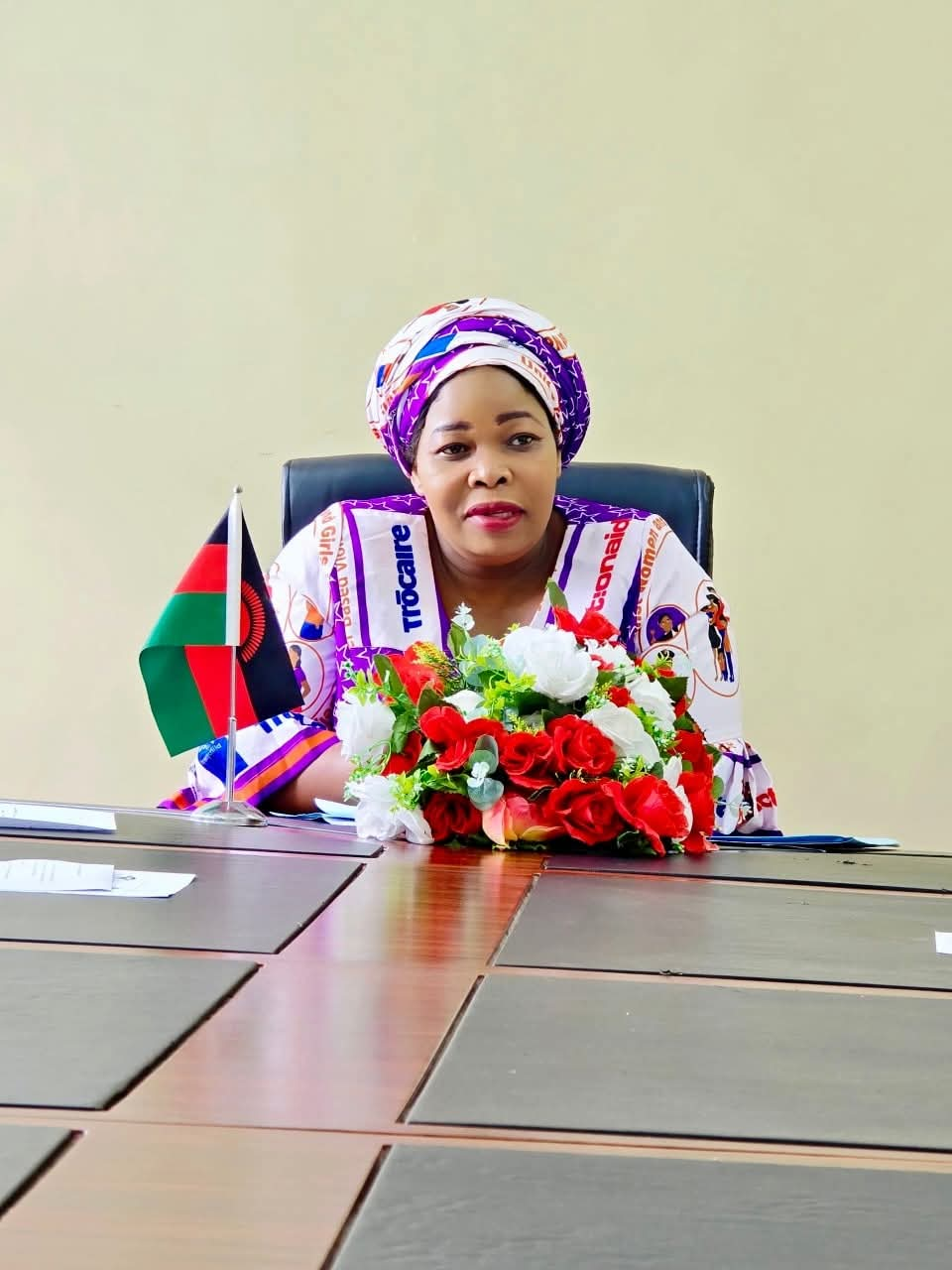By Burnett Munthali
Corruption is a systemic issue that continues to plague many sectors of Malawi’s society, and one of the most visible manifestations of this corruption is in the country’s law enforcement, particularly the traffic police. On a recent taxi ride from OPD Town to Area 49 in Lilongwe, I had the unfortunate yet revealing opportunity to witness firsthand how deeply corruption has taken root in the operations of the traffic police force.
As we approached a routine traffic checkpoint just after the small bridge near Area 3, I observed a troubling exchange. The driver of the taxi I was riding in was pulled over by a traffic officer who seemingly had no interest in inspecting the vehicle’s windscreen or any documentation. Instead, the officer walked behind the car, and the driver, following behind, made a quick exchange of cash. It was an ordinary transaction for them but one that immediately caught my attention. There was no real reason for this encounter, yet it was evident that the officer was more interested in pocketing a bribe than performing his duty.
This moment of blatant corruption did not stop there. It was only the first stop on our journey, but it left me questioning the integrity of the police force charged with enforcing the law. The driver seemed to know the routine well, having likely experienced similar encounters numerous times. We proceeded, with the transaction behind us, and it was only a matter of time before we came across another checkpoint at Bingu Stadium.
As we neared Area 47, I noticed the driver taking an unexpected turn through a residential area rather than the main road, a path that eventually led to Ntandire. What was meant to be a regular route was suddenly diverted, and this caught my curiosity. It became apparent that the driver was intentionally avoiding the Bingu Stadium checkpoint, as many other vehicles were taking the same route. The driver later confirmed that the traffic police stationed there had already collected their “quota” of bribes for the day and were no longer enforcing the checkpoints as strictly.
Upon reaching Bingu Stadium, it became evident that the checkpoint was operating under a relaxed atmosphere. Traffic police officers were too preoccupied with other vehicles to even notice our passing. Their lack of vigilance signaled a broader issue of complacency, one driven not by lack of resources or manpower, but by a systemic culture of bribery and corruption that permeates every layer of their duties.
I couldn’t help but speak to the driver about this incident, and he confirmed what I had suspected. According to him, the traffic police officers had already collected significant sums of money early in the day, which allowed them to “relax” and let vehicles pass without further checks. This lax attitude directly impacts the safety and integrity of our roads, as it is clear that some drivers could be breaking the law without any consequences. What’s more disturbing is that the practice of bribery is so entrenched that it has become a matter of routine for both the officers and the public.
This type of corruption is not just a matter of individual misconduct; it is a deeply ingrained issue within the Malawian police system. It undermines public trust in the police force and the rule of law, allowing law enforcement to be perceived not as a force for justice but as a source of revenue for corrupt officers. This environment fosters impunity, where police officers can act with little fear of accountability, knowing that the practice of bribery is both widespread and, for the most part, unpunished.
The implications of this corruption extend beyond the everyday interactions between drivers and police officers. It creates an environment where lawlessness can thrive, where even those who try to follow the law are hindered by a system designed to turn a blind eye to their actions. It also perpetuates inequality, as those who can afford to bribe their way out of trouble are given an unfair advantage, while the rest of society is left at the mercy of a broken system.
As Malawians, we must demand better from our law enforcement officers. We must call for stricter oversight, more transparency, and a commitment to rooting out corruption at every level. The police force is meant to serve and protect the public, not exploit them for personal gain. Until the issue of corruption in the traffic police system is addressed head-on, the safety and wellbeing of Malawians will continue to be compromised.
This incident is a microcosm of the broader issue of corruption that affects many parts of our society. It is a problem that requires a concerted effort from both the government and the public to bring about meaningful change. However, without the necessary political will and a commitment to reform, we risk continuing this cycle of corruption that erodes trust and prevents the growth of a fair and just society.
In conclusion, the situation I witnessed on my taxi ride is just one example of the many corrupt practices that occur daily on Malawi’s roads. It’s an issue that needs to be acknowledged and confronted with urgency, so that the country can begin to heal and work towards a more just and accountable future. The fight against corruption must start with us – the citizens – and demand accountability from those in positions of power, especially those entrusted with the safety of the public.



